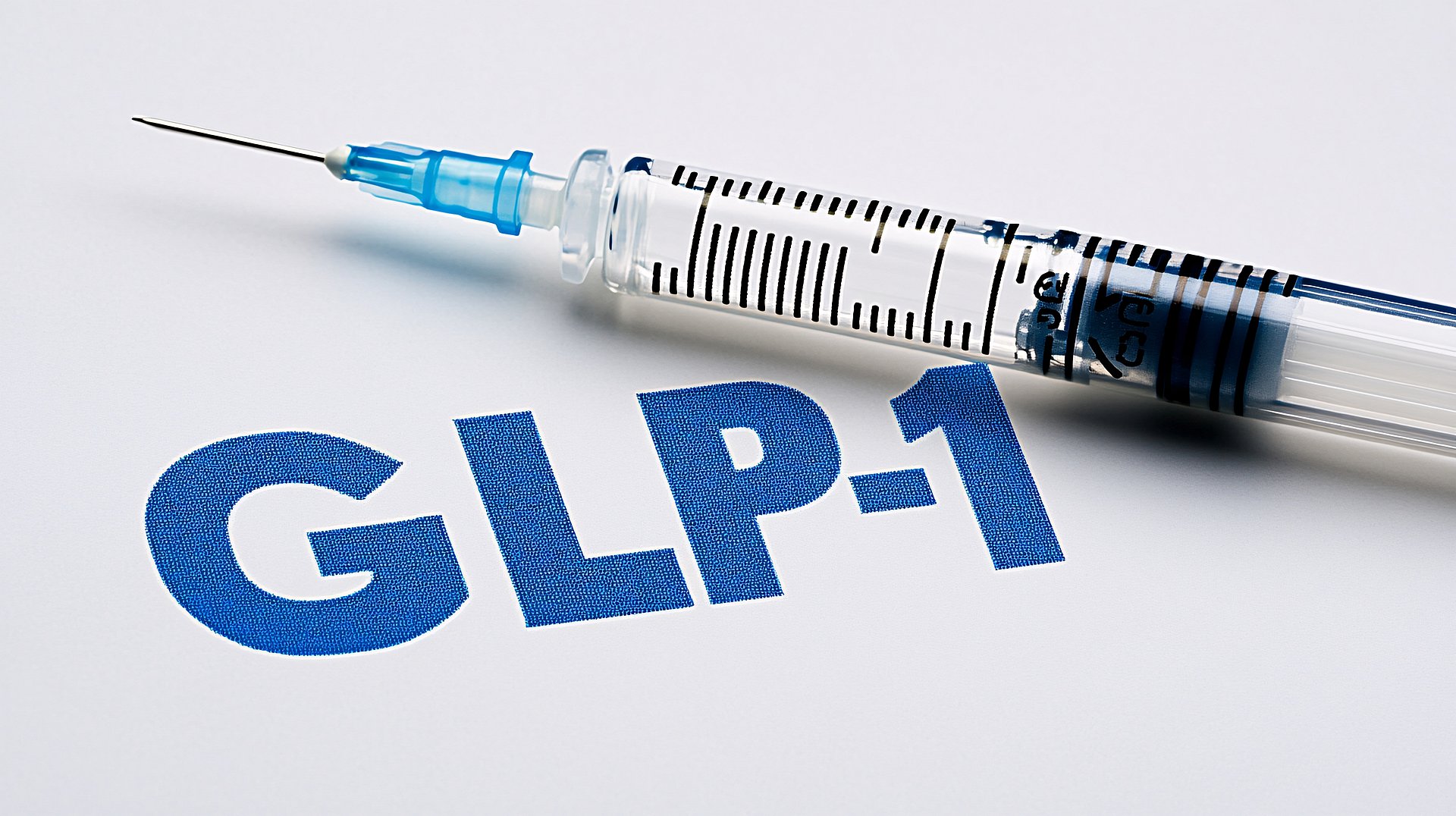Get Healthy!

- Dennis Thompson
- Posted June 24, 2025
Rival GLP-1 Weight-Loss Drug Emerges From China
A new Chinese-developed GLP-1 weight loss drug could prove a new competitor to blockbuster drugs Ozempic/Wegovy and Zepbound, clinical trial results show.
Ecnoglutide helped people lose between 9% to 13% of their body weight on average after 40 weeks of treatment, according to phase 3 trial findings published June 21 in The Lancet Diabetes & Endocrinology.
That average weight loss rose to more than 15% by week 48 on the heaviest dose of ecnoglutide, researchers reported in updated trial results presented Saturday at the American Diabetes Association’s annual meeting in Chicago.
Overall, nearly 93% of trial participants lost 5% or more of their body weight, nearly seven times the weight loss achieved by a control group given a placebo, researchers said.
Those results outperformed the Chinese clinical trials of semaglutide (Ozempic) and tirzepatide (Zepbound), which helped 85% to 88% of participants lose 5% of more of their weight, researchers noted in their paper.
Participants “continued to have weight loss at week 48 without reaching a plateau, indicating that even greater weight loss might be achievable with extended ecnoglutide treatment,” lead researcher Dr. Linong Ji of the Peking University People’s Hospital in Beijing said in a news release.
“Considering the high potency of ecnoglutide, it might also serve as a viable option for individuals who do not achieve sufficient weight reduction with existing GLP-1 receptor agonists at their approved doses or need to achieve a larger reduction in bodyweight,” Ji added.
Glucagon-like peptide-1 (GLP-1) drugs mimic the GLP-1 hormone, which helps control insulin and blood sugar levels, decreases appetite and slows digestion of food.
Like the other drugs, ecnoglutide is delivered via a weekly injection.
The Chinese pharmaceutical company Sciwind Biosciences developed ecnoglutide, and has filed for the drug’s approval in China for treatment of type 2 diabetes and obesity.
For this trial, researchers recruited 664 overweight or obese people being treated at 36 medical centers across China. Participants were randomly assigned to receive either a 1.2 mg, 1.8 mg or 2.4 mg dose of ecnoglutide or a placebo.
On average, people in the 1.8 mg ecnoglutide group lost more than 13% of their body weight by week 48, and those in the 2.4 mg group lost more than 15%, researchers report.
Patients on ecnoglutide lost about 5 inches off their waist on average, results show. The drug also caused liver fat to drop an average 53% in the 2.4 mg group.
The drug had about the same safety profile as other GLP-1 drugs, researchers said. The most common side effects were mild to moderate GI problems, which mainly occurred after people first started taking ecnoglutide.
"It's going to be competitive," U.K. endocrinologist Tricia Tan, who wrote an editorial accompanying The Lancet report, told The Times of India of ecnoglutide.
Tan hopes having more GLP-1 drugs on the market could potentially drive prices down and make them available to more patients.
“It’s great to have competition in the market,” said Tan, who is chair of metabolic medicine and endocrinology at Imperial College London. “It’s been extremely frustrating. I work in the National Health Service and patients are not getting access to these drugs.”
More information
The Cleveland Clinic has more on GLP-1 drugs.
SOURCES: Sciwind, news release, June 21, 2025; The Lancet Diabetes & Endocrinology, June 21, 2025
